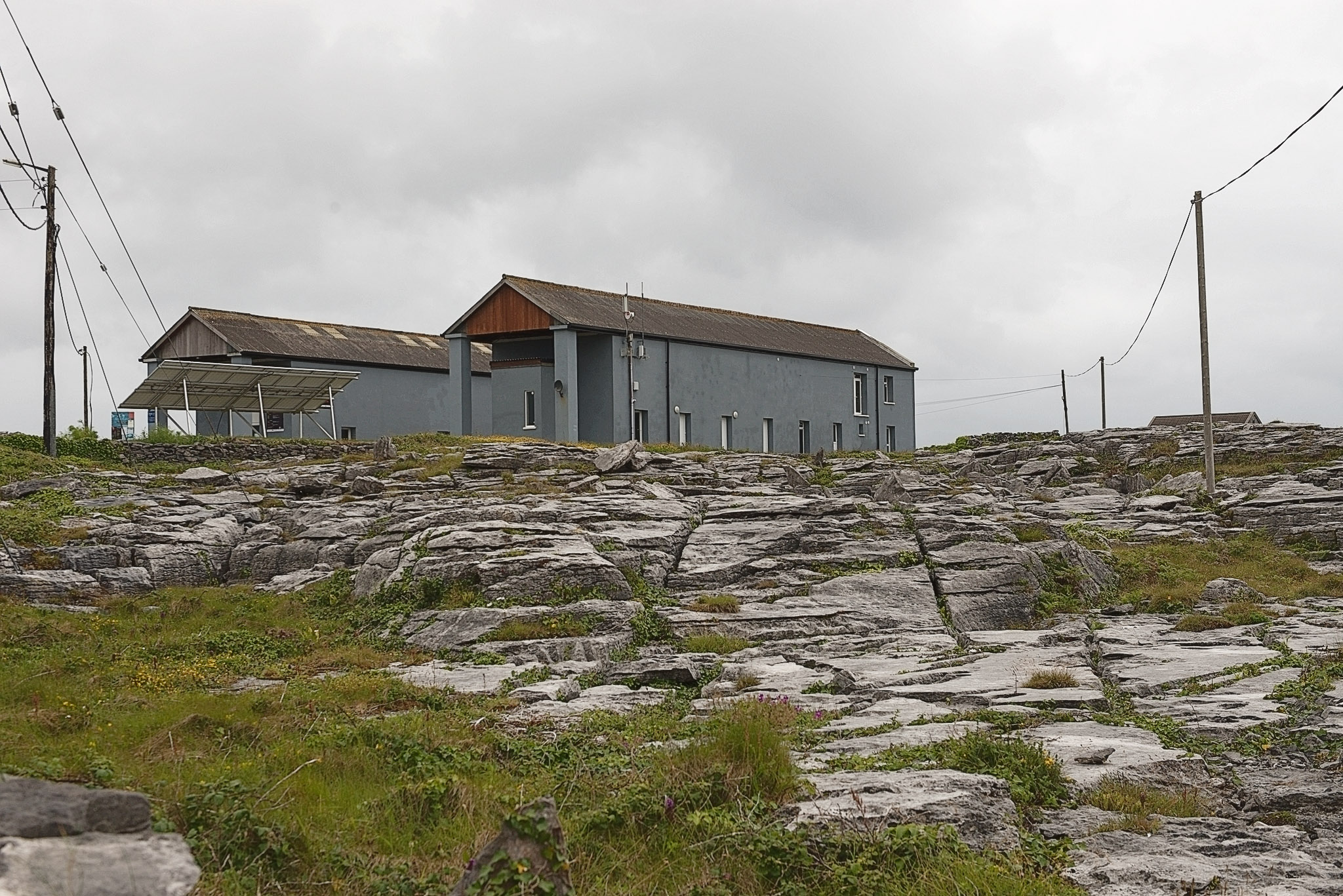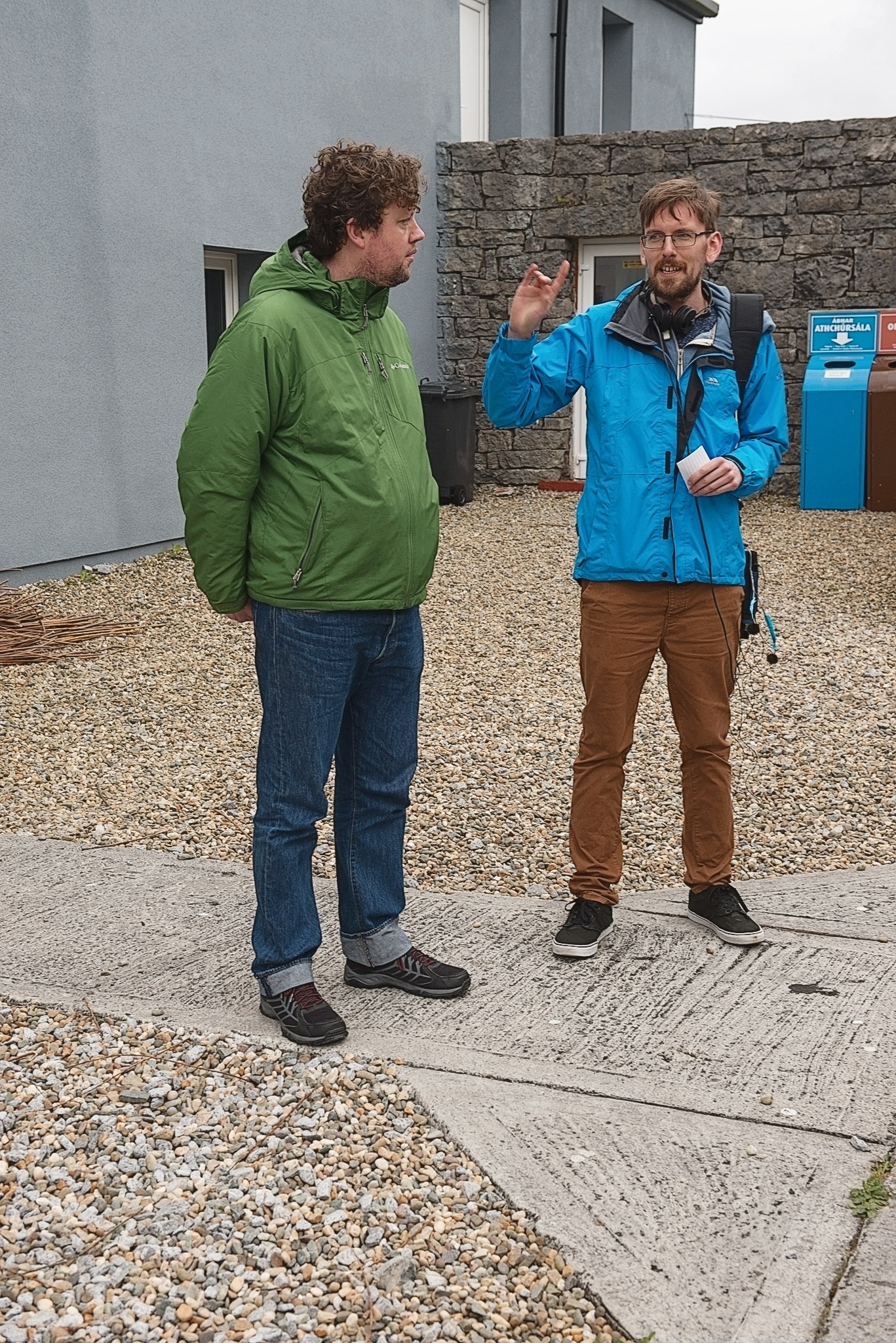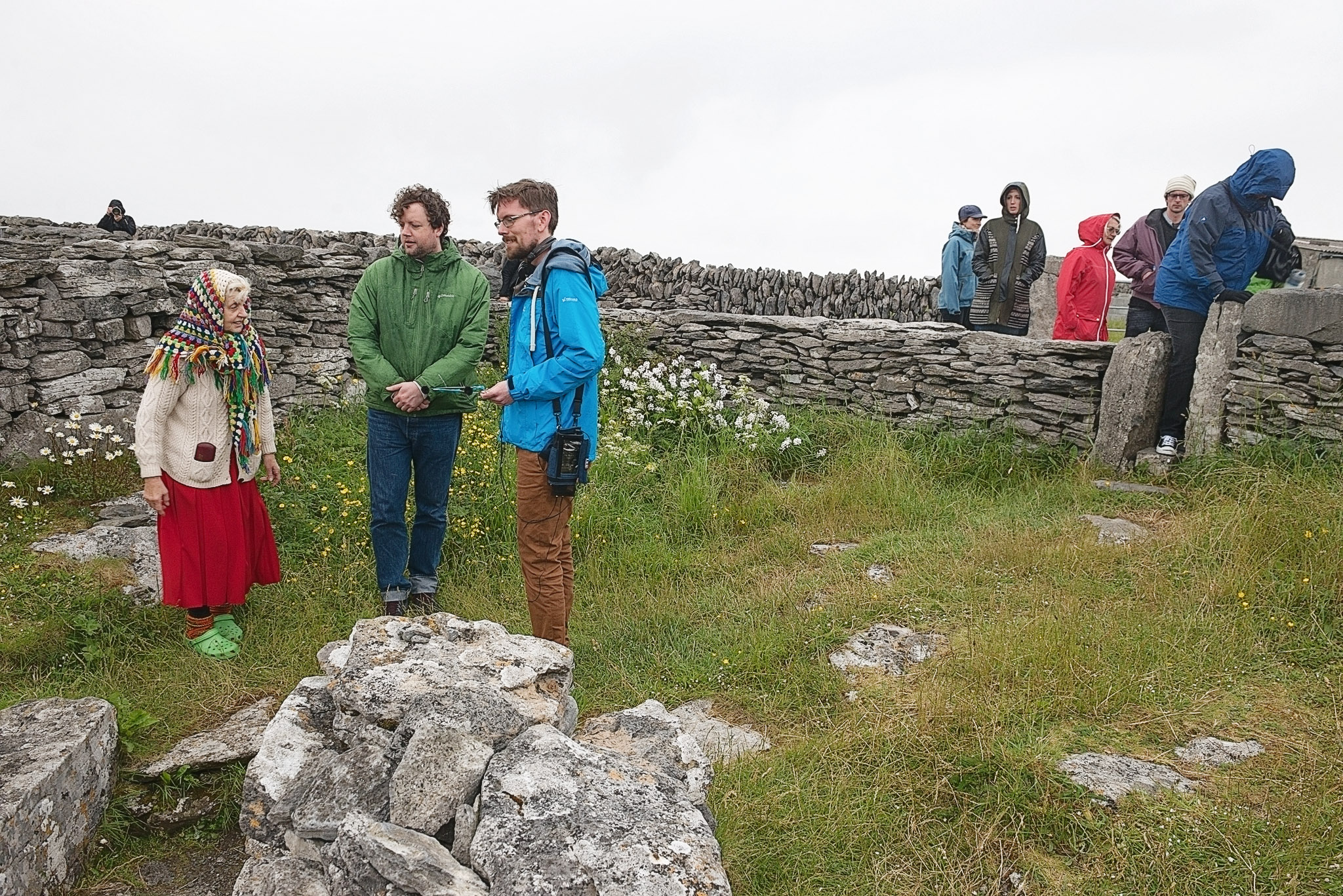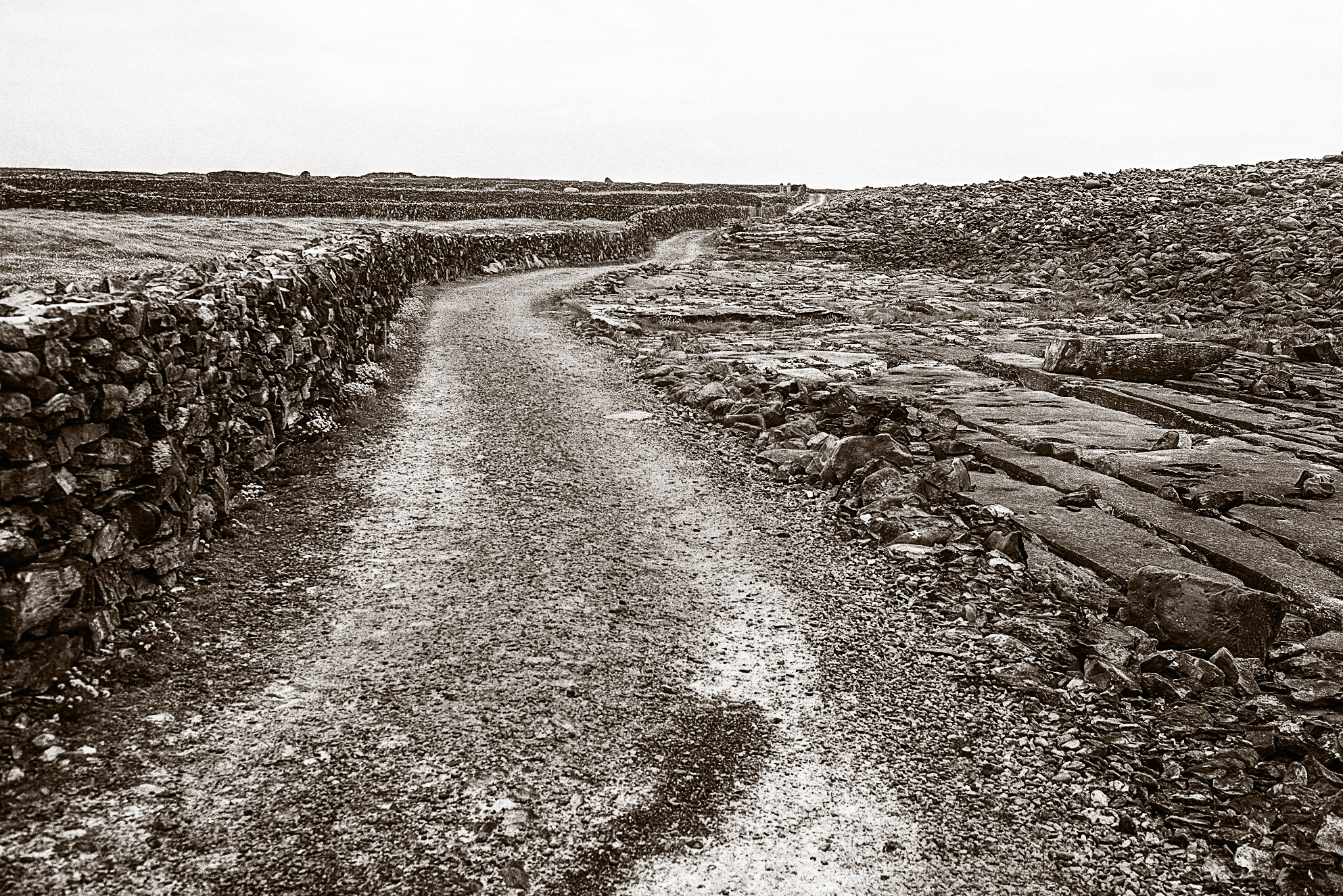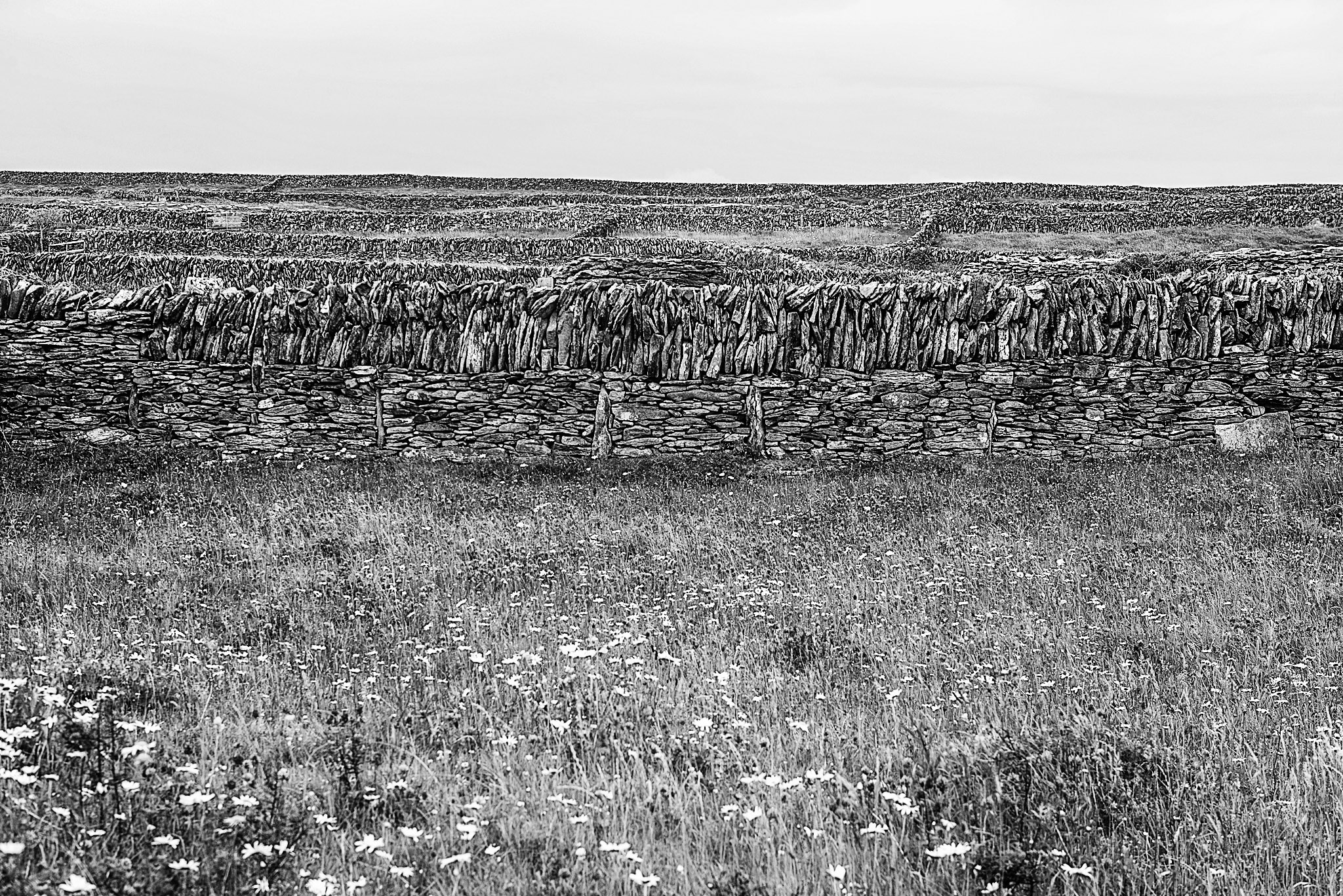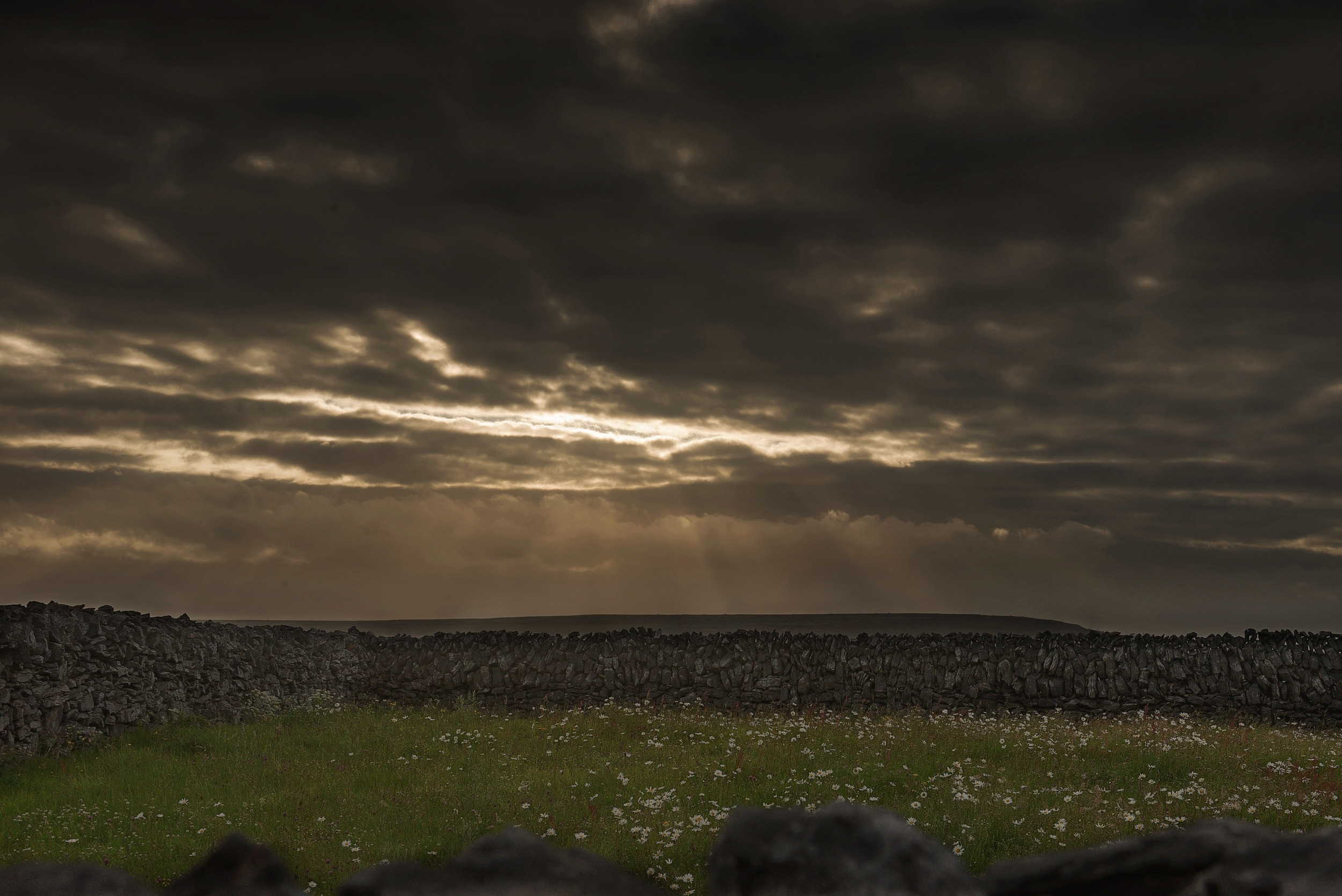I caught the final screening of the IFI's 2001: A Space Odyssey 70mm screenings last week, and have been reading up about the production and cultural aftermath of the film. What became hugely apparent while viewing in a cinema (as opposed to watching at home) was how vacuum-like the theatre becomes during those silent space scenes, with only a low rumble of LFE for any atmosphere. The audiences automatic reaction to quieten themselves even further creates the tensest atmosphere you can imagine.
The subjectivity of our perception of loudness is greatly reliant on contrast. After we are exposed to sounds of high intensity, the stapedius reflex, or auditory reflex, contracts the muscles in our middle ear, reducing our perception of loudness. “Filmmakers often ignore the fact that continuous loud sound is no longer perceived as loud by the audience because the aural reflex ‘turns down the volume,’ making the scene less effective than expected.” So silence is crucial for the perception of loudness. - Sonic Centaurs: An Exploration of the Common Grounds Between Music and Sound Design
Kubrick uses this effect beautifully when weaving the score and sound design of the film. Ligeti's Requiem (used without the composers permission!) taps into something primordially terrifying as we approach the monolith on the Moon, and peaks with the deafening tone emitted by the the monolith, before cutting to the dead silence of space as we join the 'Discovery' craft on it's voyage.
It can be taken for granted, but the quality of the voices and delivery in 2001 is exceptional. There is famously little dialogue in the film, but from Heywood Floyd's throaty G-Man pipes, Dave Bowman's passively detached tone, to the centrally important and unforgettable HAL9000, voices are a huge part of the film's sound design.
Though Richard Branson might try to persuade us otherwise, Kubrick knew that space travel would be profoundly boring. We feel the painstaking tedium of life on board a space station, the arduousness of maintaining the human body in a hostile, sterile environment. A significant part of the soundtrack aboard the Jupiter mission is simply – and effectively – that of human breathing. - BBC Classical Music
This applies to the speech of the astronauts. They've been travelling for months, alone. All is routine by now and they have little to say to each other, or little conviction in what they do have to say.
It's not the most sound-centric film out there, and it seems that Kubrick was much more concerned that the visuals should tell the greatest part of the story, yet still the sparse sound of 2001 is carried out intelligently and with great effect.
Excellent BBC discussion on 2001 featuring Keir Dullea and Garylockwood
The crucial standoff scene between Dave and HAL, but with a Bob's Burgers twist. Unfortunately audio channels are messed up and only from left channel.


